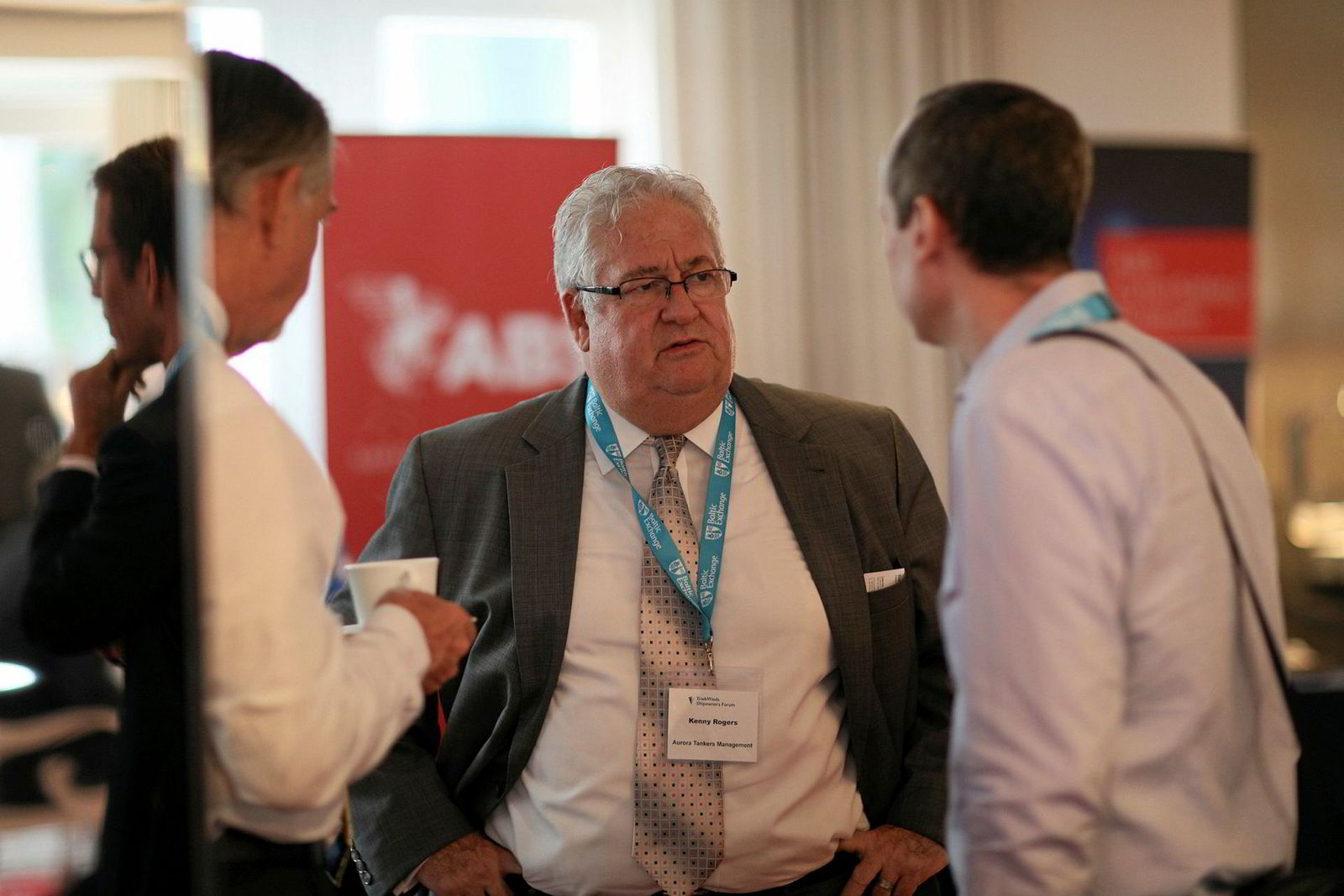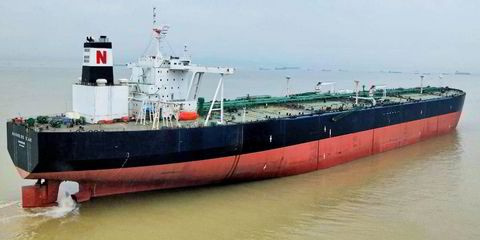The shipping industry appears optimistic about the short to medium term, but issues such as the International Maritime Organization (IMO)'s global sulphur cap and newbuilding discipline cloud the longer-term horizon.
These were two of the key takeaways from TradeWinds’ Shipowners Forum, held in Singapore for the first time earlier this week.
“I am optimistic in the short term and then as we go further out, I become more cautious,” Berge Bulk chief executive James Marshall told delegates. “I do think in dry bulk we have some potential serious headwinds over our biggest products, which are iron ore and coal.
“Even though we can be very enthusiastic about the next quarter, or even the next year or two, when we look out longer term we have to look at a world where iron ore is starting to slow down or possibly even decline in terms of a trade as China meets peak steel, and coal could also possibly be peaking as well.”
Michael Parker, global industry head of shipping, logistic and offshore industries at Citi, shared that optimism but had concerns about technology and its impact on the industry.
“Individual parts of the shipping industry are going to be negatively affected by disruption and some sectors within the industry will be more disrupted than others,” he said.
“I’m very optimistic so long as the shipping industry does not cede the value it has over the global supply chain to people who choose to come and interrupt it."
Parker also expressed concerns about the industry’s capacity to manage the supply of new ships.
“We all know that problems only ever come when there is too much capacity and that historically is fuelled by the banking profession providing too much cheap money," he said.
“Now as long as we don’t do that and as long as the banks that are disappearing from the industry are not replaced by cheap Chinese money, then I think owners will find it easier to meet that challenge.”
The IMO’s global sulphur cap, whose implementation is less than 450 days away, also proved a topic of great interest.
Fiete Kallenberg, head of capes in Asia Pacific for Cargill Ocean Transportation, said the legislation posed particular problems for the miners and trading houses.
“It [the IMO sulphur cap] does affect us when considering taking ships on charter, especially for long periods which go beyond 2020," Kallenberg said.
“In particular, when we get newbuildings proposed, we try to keep our options open. Because much like anyone else in this room, we don’t know what the solution is.
“We don’t know whether it is scrubbers, we don’t know whether it is fuel, we don’t know whether it is LNG. The only thing we do know is that the change is coming, and we support the change.”










